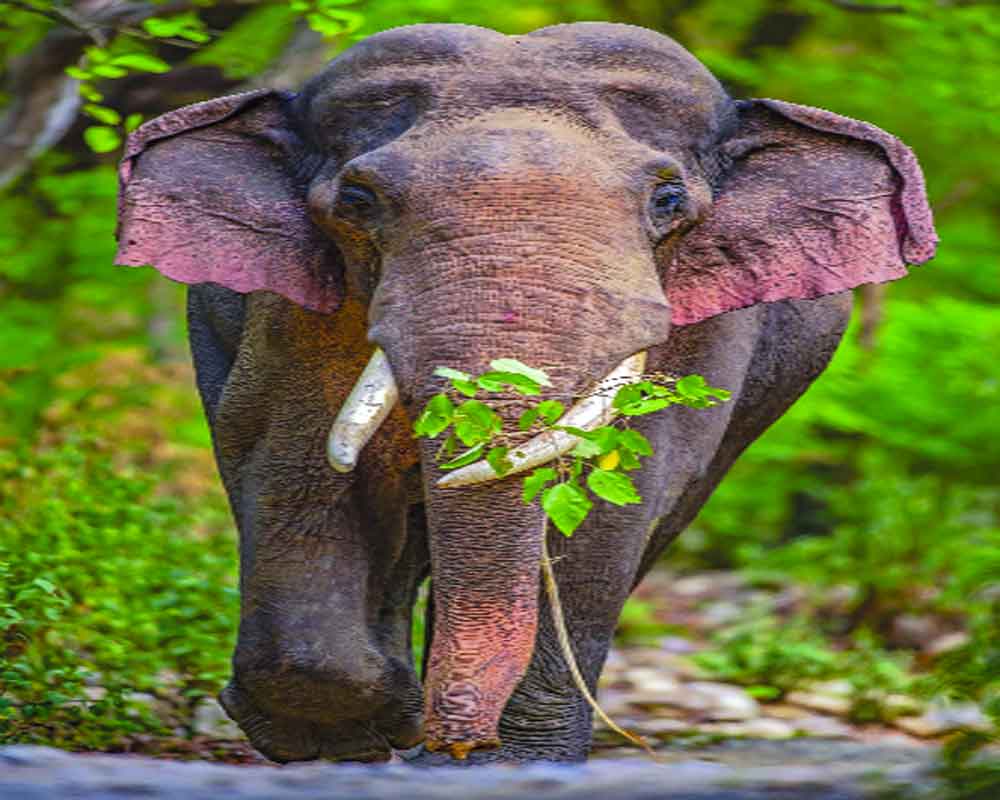In a worrying revelation, wild elephants in Uttarakhand are foraging on glass, other trash
Ingesting human waste, including plastic, glass, and even wires, has been discovered in the endangered yet social Asian elephants. According to a study, which was published in the Journal for Nature Conservation, researchers in Uttarakhand's forested areas gathered samples of elephant dung from within and surrounding those areas. Nearly one-third of the 75 samples of dung examined contained human waste, plastic packaging and other, far worse, things. Every item that is human-derived has been measured, classified and divided into plastic and anthropogenic waste categories. This is presumably due to the fact that plastic debris is frequently discovered at garbage dumps near the forest margins of villages and human settlements, which elephants frequently approach for grazing or foraging. Once the plastics have entered the forest through the dung of these elephants, these may be consumed by and harm other species as well. Elephants in the area are known to spread seeds through their excrement but, because the food source is tainted with plastics, this natural process spreads the pervasive and harmful pollution into untamed areas. Their actions endanger the health of other forest inhabitants as well.
Once these plastics have entered the forest, these might be eaten by other animals and fill their stomachs, which would result in "mechanical injury". Surprisingly, plastic was discovered in every sample of dung around the dumps and even in the forested areas close to Kotdwar, which is close to the Jim Corbett National Park's edge. Plastic food containers, plastic utensils, plastic bags and plastic packaging made for nearly 85 per cent of the ingested elements discovered in elephant poo. Elephants are exposed to dangerous substances including polystyrene, bisphenol A, and phthalates when they consume plastic. These animals' digestive systems may be endangered by these substances. There were reports earlier this year that in eight years, 20 elephants in Sri Lanka died as a result of ingesting plastic garbage. The only things found during the post-mortem exams were water, polythene, food wrappers, plastic, and other non-digestibles. These cases did not appear to include the typical meal that elephants consume and digest. The government's waste management division must make sure that wildlife doesn't eat trash close to forested regions. Before our mess begins to cause issues for animals who coexist with us, it is our job to thoroughly solve the situation.


























